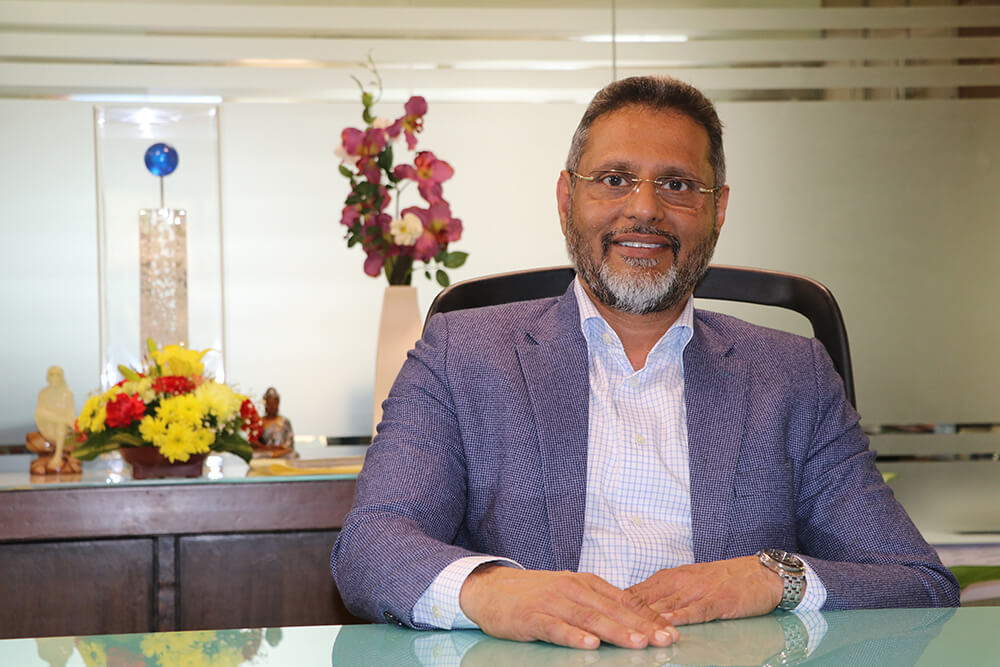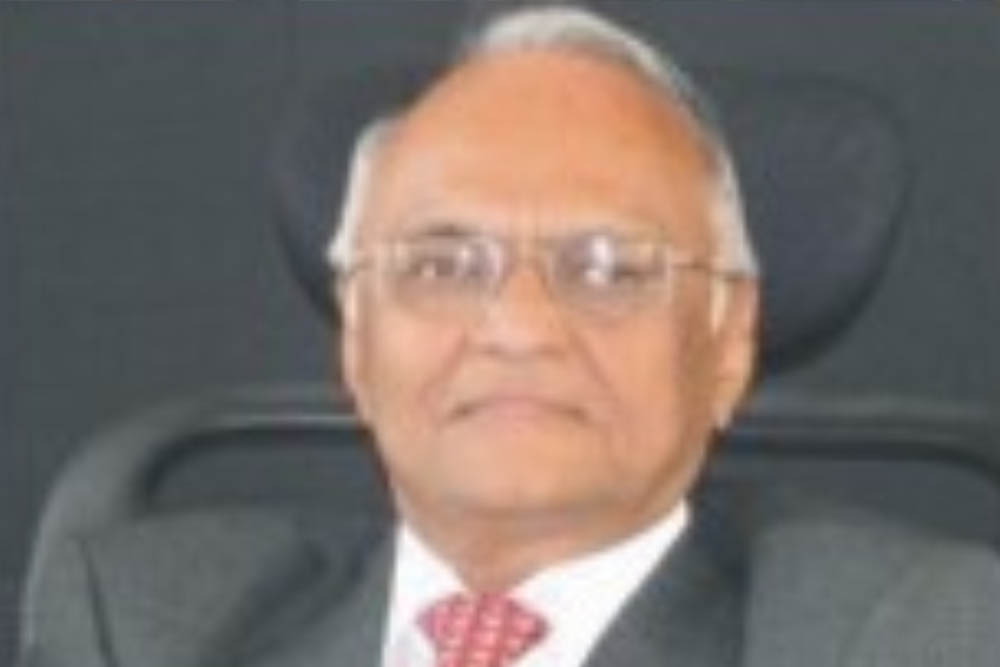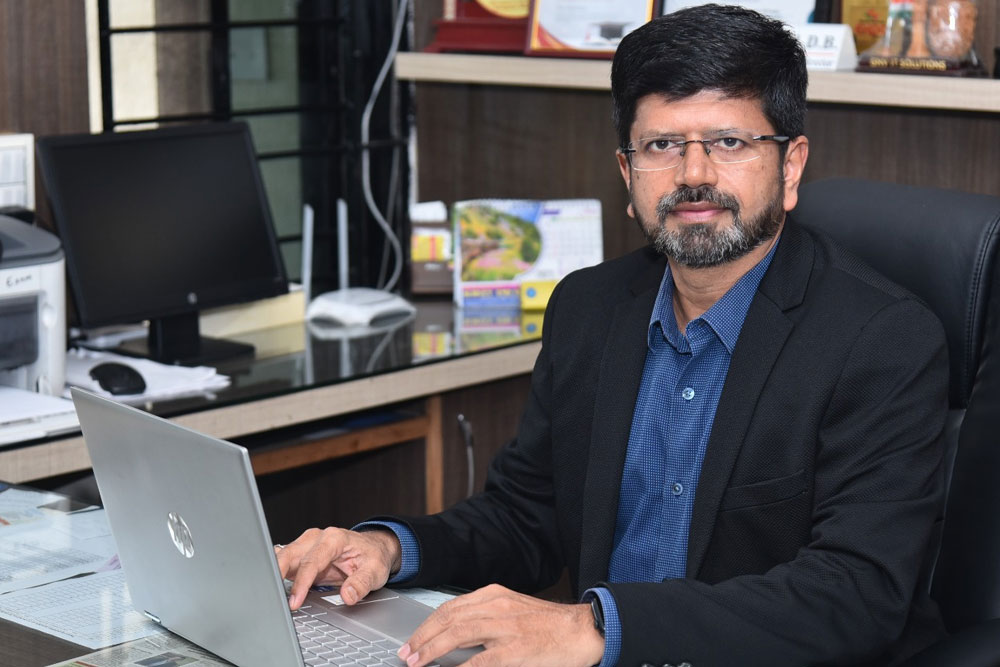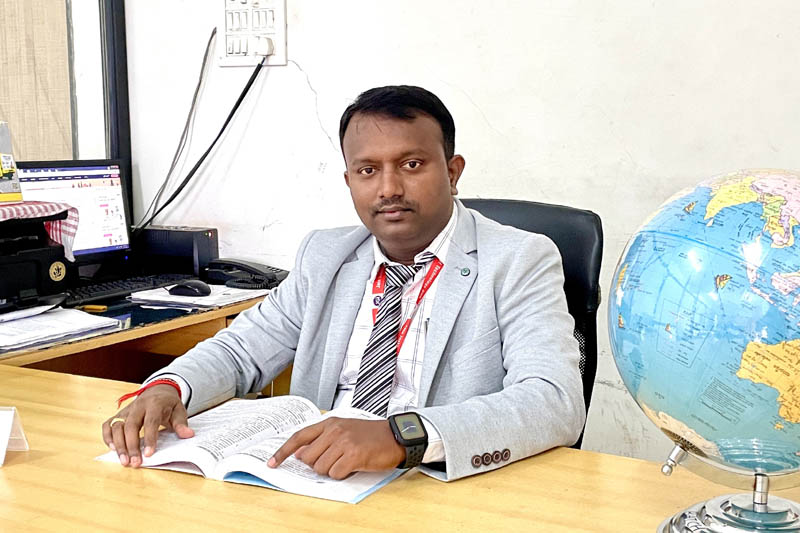 Dr. Chenraj Roychand
Dr. Chenraj Roychand A distinguished Indian educationist, entrepreneur, angel investor and philanthropist with over 40 years of experience...
 Dr. Chenraj Roychand
Dr. Chenraj Roychand  Sri. Achalchand Jain
Sri. Achalchand Jain  Dr. Ganesh D. B.
Dr. Ganesh D. B.  Master of Business Administration (MBA)
Master of Business Administration (MBA)
 Master of Business Administration (MBA) - 120
Master of Business Administration (MBA) - 120
The Department of Civil Engineering has started in the year 2011 and offers U.G programme with AICTE approved intake of 60. The department aims to provide civil engineers of high caliber who can meet the dynamic needs of the society. The department offers a conducive environment for learning and overall development. The department also promotes student involvement in constructive co- curricular activities. Through continuous improvement process the department aims to be a pioneer at the frontier of knowledge and innovation in civil engineering.

| Degree | Programme | Year | Intake |
|---|---|---|---|
| UG | BE in Civil Engineering | 2023-24 | 60 |
| 2022-23 | 90 |
To develop Civil Engineering professionals who are Technically Competent, Ethical and Environmental friendly, to create a better society.
MISSIONM1: To produce quality civil engineers, who are competent, disciplined and good in team building as well as in meeting dynamic societal needs.
M2: The department aims to be one of the best places for learning, by imparting knowledge with a strong conceptual foundation coupled with practical insight to meet the global business changes.
M3: To provide conducive environment where students can transform into exemplary professionals of high ethics.
PSO1: The graduates of this program with proficiency in mathematics and physical sciences will excel in the core areas of civil engineering such as structural, environmental and water resources engineering.
PSO2: Standard Practices: The graduates will plan, produce detailed drawings, write specifications and prepare cost estimates.
PSO3: The graduates will interact with stake holders effectively and execute quality construction work applying necessary tools.
PEO1:Analyze, design and propose feasible solutions to civil engineering problems on sound principles and hence prove to be successful engineers in practice / other fields they opt for profession.
PEO2: A strong comprehension of mathematics, basic science and engineering fundamentals, to pursue higher education and take up research with zeal for lifelong learning and formulating solutions to evolving societal needs.
PEO3: Strong communication coupled with inter-personal skills and broad knowledge to understand and develop to adoptability to the situations and work effectively in multi-disciplinary teams both as team members and leaders
PEO3: To exhibit competency in their work culture and function ethically in various professional roles and demonstrate their commitment to serve the society.
1. Engineering knowledge: Apply the knowledge of mathematics, science, engineering fundamentals, and Civil engineering to the solution of complex engineering problems.
2. Problem analysis: Identify, formulate, review research literature, and analyze complex computer engineering problems reaching substantiated conclusions using first principles of mathematics, natural sciences, and engineering sciences.
3. Design/development of solutions: Design solutions for complex computer engineering problems and design system components or processes that meet the specified needs with appropriate consideration for the public health and safety, and the cultural, societal, and environmental considerations.
4. Conduct investigations of complex problems: Use research-based knowledge and research methods including design of experiments, analysis and interpretation of data, and synthesis of the information to provide valid conclusions.
5. Modern tool usage: Create, select, and apply appropriate techniques, resources, and modern computer engineering and IT tools including prediction and modelling complex computer engineering activities with an understanding of the limitations.
6. The engineer and society: Apply reasoning informed by the contextual knowledge to assess societal, health, safety, legal and cultural issues and the consequent responsibilities relevant to the professional engineering practice.
7. Environment and sustainability: Understand the impact of the professional computer engineering solutions in societal and environmental contexts, and demonstrate the knowledge of, and need for sustainable development.
8. Ethics: Apply ethical principles and commit to professional ethics and responsibilities and norms of the computer engineering practice.
9. Individual and team work: Function effectively as an individual, and as member or leader in diverse teams, and in multidisciplinary settings.
10. Communication: Communicate effectively on complex computer engineering activities with the engineering community and with society at large, such as, being able to comprehend and write effective reports and design documentation, make effective presentations, and give and receive clear instructions.
11. Project management and finance: Demonstrate knowledge and understanding of the computer engineering and management principles and apply these to one’s own work, as a member and leader in a team, to manage projects and in multidisciplinary environments.
12. Life-long learning: Recognize the need for, and have the preparation and ability to engage in independent and life-long learning in the broadest context of technological change.
| Sl No | Document | View |
|---|---|---|
| 1 | Course Outcomes | Click here to view |

Dr. RAHUL PATIL
Associate Professor and HoD,
Department of Civil Engineering
Jain Institute of Technology, Davangere
Email: rahulpatil@jitd.in
